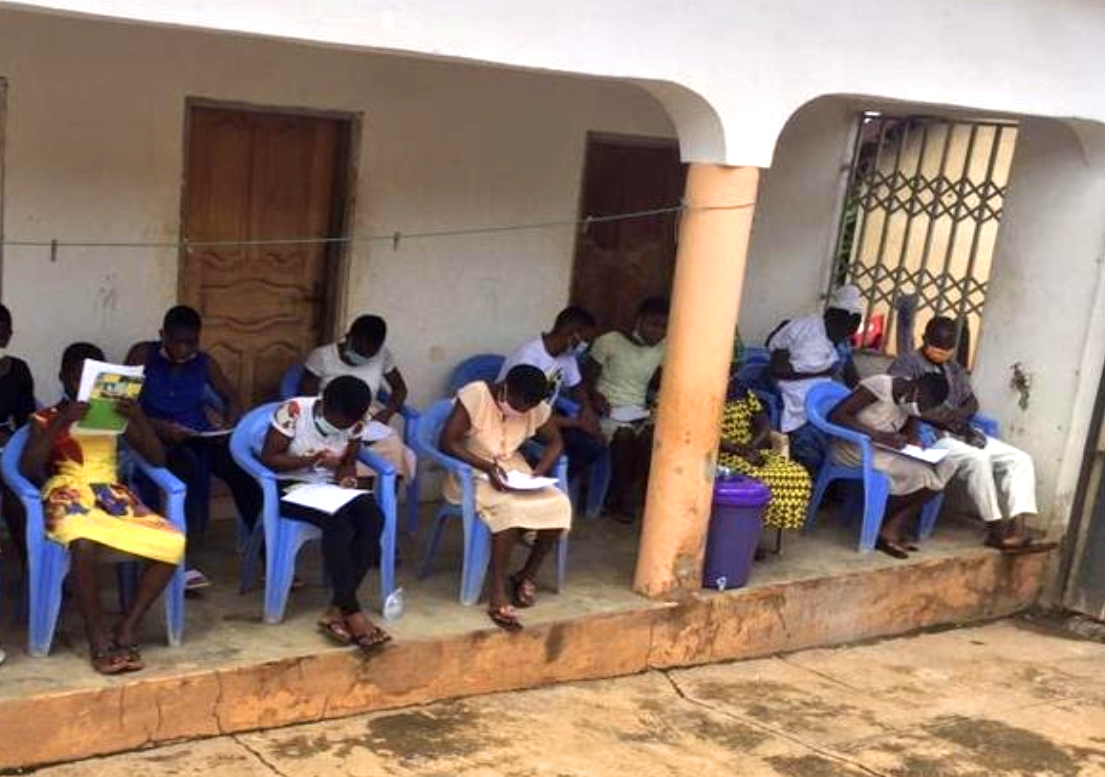
Despite considerable progress in the past two decades, women remain underrepresented in Science, Technology, Engineering, and Mathematics (STEM) education and STEM-related occupations across the world – an issue particularly exacerbated in the global south. The latest statistics show that women represent, on average, 30% of the STEM student body in higher education and 25% of the STEM labor force (UNESCO, 2017). In Ghana, that percentage is even lower with less than 20% of women graduating from STEM-related academic disciplines. This gender gap has profound human rights implications and repercussions for the scientific, technological, and economic advancement of countries, both in the Global North and South (Lee & Pollitzer, 2016; European Commission, 2012). Unequal access to education, gendered choices for academic programs influenced by the traditional belief that boys are more competent in mathematics than girls (Mastekaasa and Smeby, 2008), and other social and cultural factors deter equal access to STEM education for girls.
Project Objectives and Research Questions
In collaboration with MmaaTech Foundation in Ghana, this project will implement learning approaches that build basic research and STEM skills for young women in non-formal environments, with an applied angle on addressing gender-data gaps. Situated in Atwima Apemanim, the community of interest faces high poverty levels, subsistence livelihoods, concerning high school dropout rates and high levels of teenage pregnancy. MmaaTech Foundation aims primarily to address social and economic challenges faced by young women who bear the highest burden of teenage pregnancy. The project will build upon MmaaTech’s ongoing initiative that provides apprenticeship programs to train young women (age 12-18) in technical skills for careers in traditionally male dominated fields such as auto mechanics and information and communication technologies. The project extends a pilot study conducted in <a href=https://tascha.uw.edu/projects/stem-gender-data-equity/> Costa Rica</a> (December 2018 – 2020) that explored participatory approaches to nurturing a generation of women with the tools and critical thinking skills to engage with technologies as users and creators, and with a sense of social justice that fosters greater gender equality.
The project seeks to address the following research questions:
1. What is the availability of gender data on digital technologies in Ghana?
2. How do social norms around gender differentially affect young women’s and young men’s ability to access and use digital technologies, and develop basic and advanced digital skills?
3. What forms of social science and technology training can be provided in non-formal environments to give young women and their families a more expansive view of their career options?
4. What can such training contribute to a) increasing women’s participation in STEM, b) addressing gender data gaps, c) knowledge democracy?


